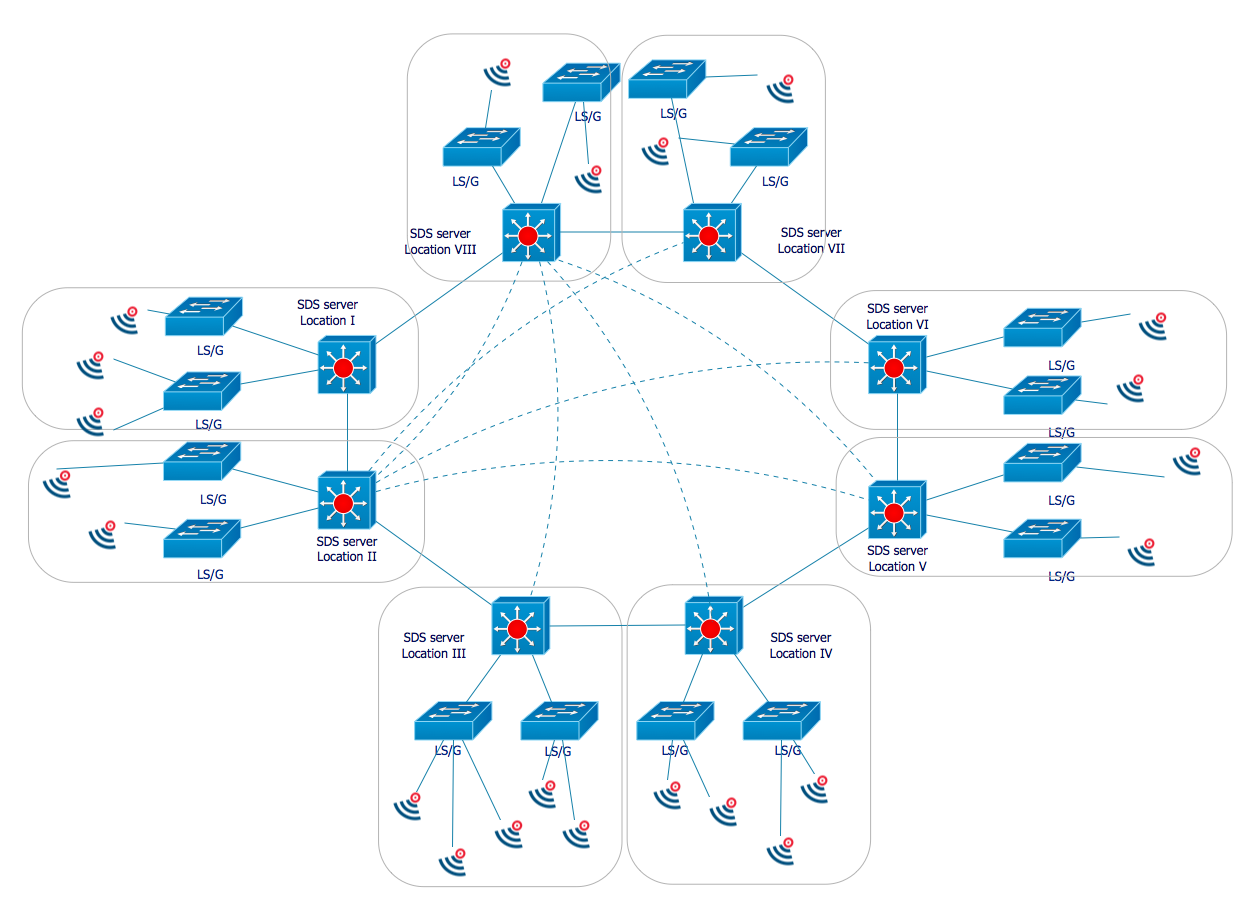Trusted Data Management in Participatory Sensing: Applications using Reputation Systems
Participatory sensing (PS) is defined as "sensing applications in which participants’ intervention is necessary in the sensing and sharing process". This technology has three main enablers:
- ubiquity of smart phones with built-in sensors,
- small, low-cost and pluggable sensors, and
- wide-spread availability of various communication infrastructures such as 3G, 4G, and Wi-Fi.
In addition to cost-effectiveness, scalability and wide coverage, PS has the following general benefits:
- Taking advantage of the mobility of the sensing devices: due to participants having different mobility patterns, each sensor covers a dynamic and larger area than the traditional fixed-place sensing schemes.
- No need to install and maintain sensing devices: since the sensing devices are not owned by the organization leveraging the provided data, the maintenance of the sensors is up to the owner. Also, the emergence of easily pluggable sensors and packed extensions that can be attached to phones can further enhance their sensing capabilities.
- Widely available communication platforms: with the wide-spread adoption of high-speed communication platforms such as 3G and LTE, there is less need for separately installing and enabling communication platforms for the sensing devices. This in turn adds to the efficiency and the cost effectiveness.
- Availability of contextual information: The context of the gathered information can enrich the value of the data and further help with the process of knowledge extraction.
However, the inherent openness of such platforms does come with its own disadvantages. Almost everyone can join these networks as a participant. This, coupled with the incentives (sometimes monetary) that are regularly offered to participants, can lead to inaccurate data entering the network. In order to tackle these challenges and provide a sustainable platform for further development of the PS, reputation systems (RS) have been proposed and recently studied in this field.
RS have already been extensively studied in other fields. Generally, such systems are built on mathematical theories such as graph theory, fuzzy systems, and most recently Blockchains. They are used to keep track of node / data reputation scores. Novel RS are, however, needed for PS due to the distinguishable characteristics of these applications. This research project will:
- Provide a unified definition of PS which incorporates the innate ambiguity in data management and certification processes.
- Categorize and define the characteristics of a PS node, considering its functions and relations to other nodes, both in data collection and trust management.
- Map the relevant attacks and threats of classic RS in PS, designate new attack models and assess their impact when adopting RS systems in PS.
- Study and summarize the requirements, desired functionalities, and systems design of RS in PS.
- Design, prototype and implement RS systems in PS and while doing so apply the findings to common application domains.
Promoter: Yao-Hua Tan
Daily Supervisor: Andre Teixeira (TU Delft), Evangelos Pournaras (ETHZ)
About Farzam
Farzam is a PhD candidate at the faculty of Technology, Policy and Management (TPM) of Delft University of Technology (TU Delft). He obtained his M.Sc. in Information Technology Engineering from Sharif University of Technology (Iran) in 2015 and has been at TU Delft since May 2016. Currently, he is part of the TU Delft NervousNet team in collaboration with the team at ETHZ. His research interests involve distributed algorithms, reputation systems and their adoption in participatory sensing applications, and new communication paradigms such as fog computing. He is currently researching the adoption scenarios and novel algorithms for providing a web of trust as well as a reputation score in highly volatile and mobile applications, such as participatory sensing.
